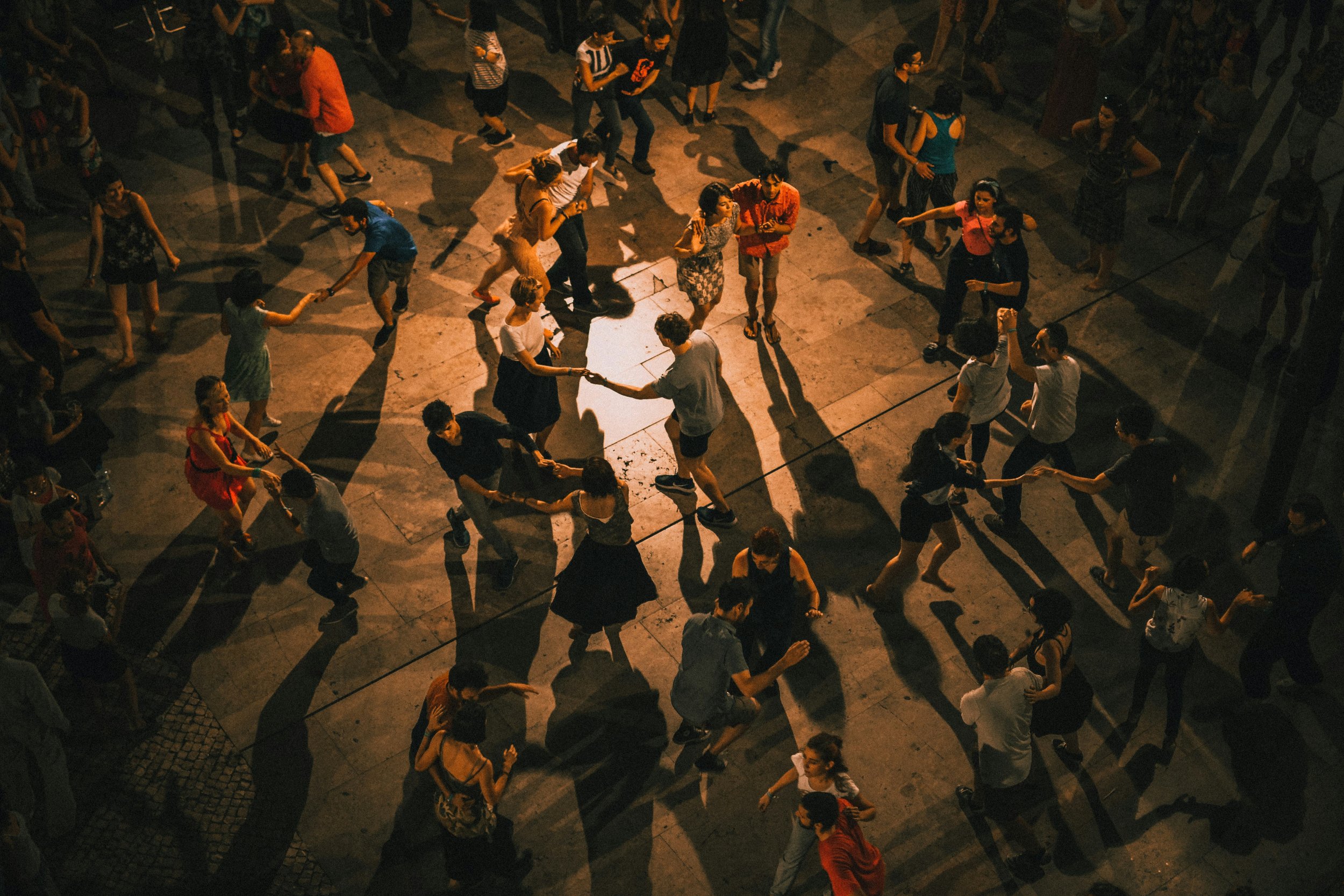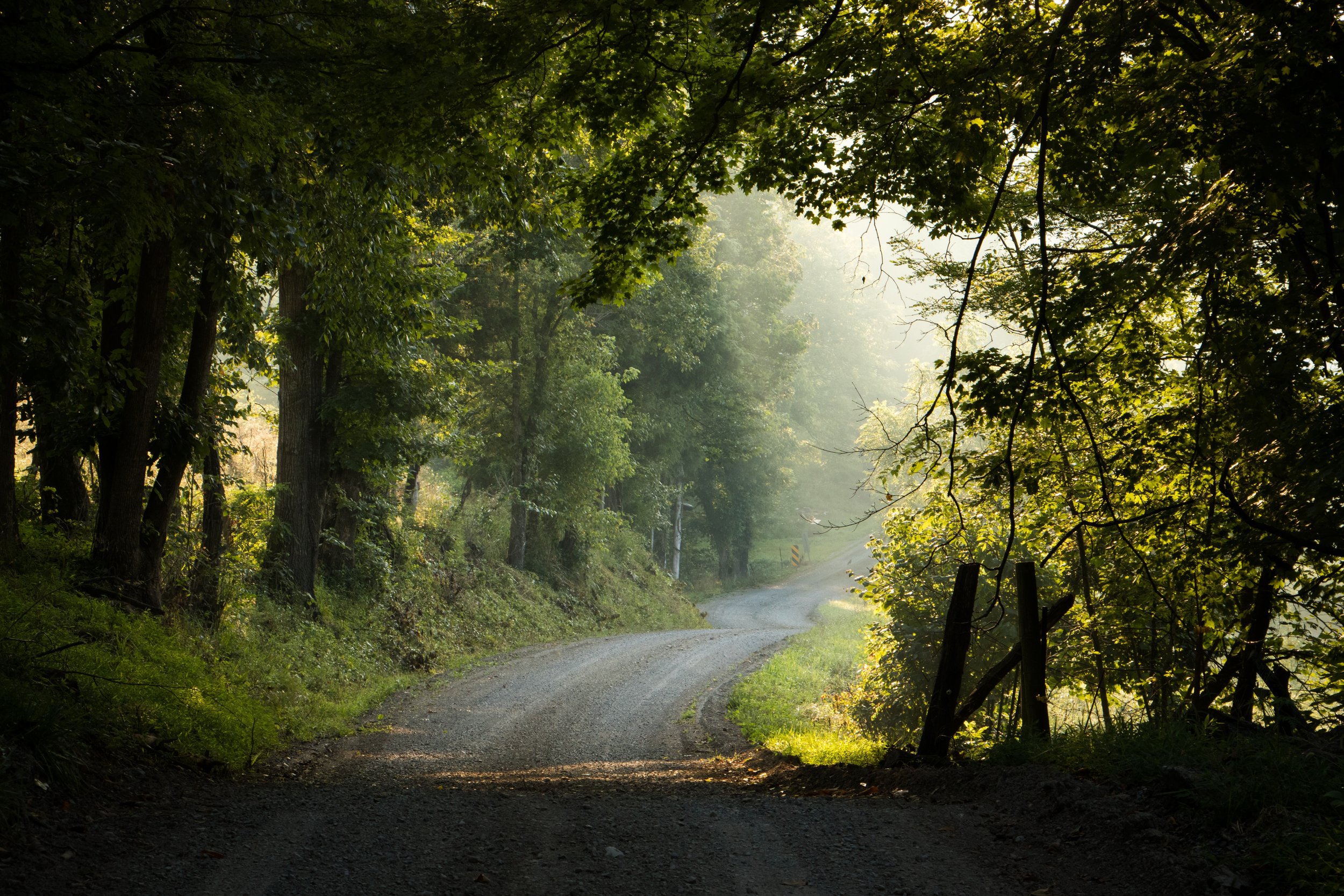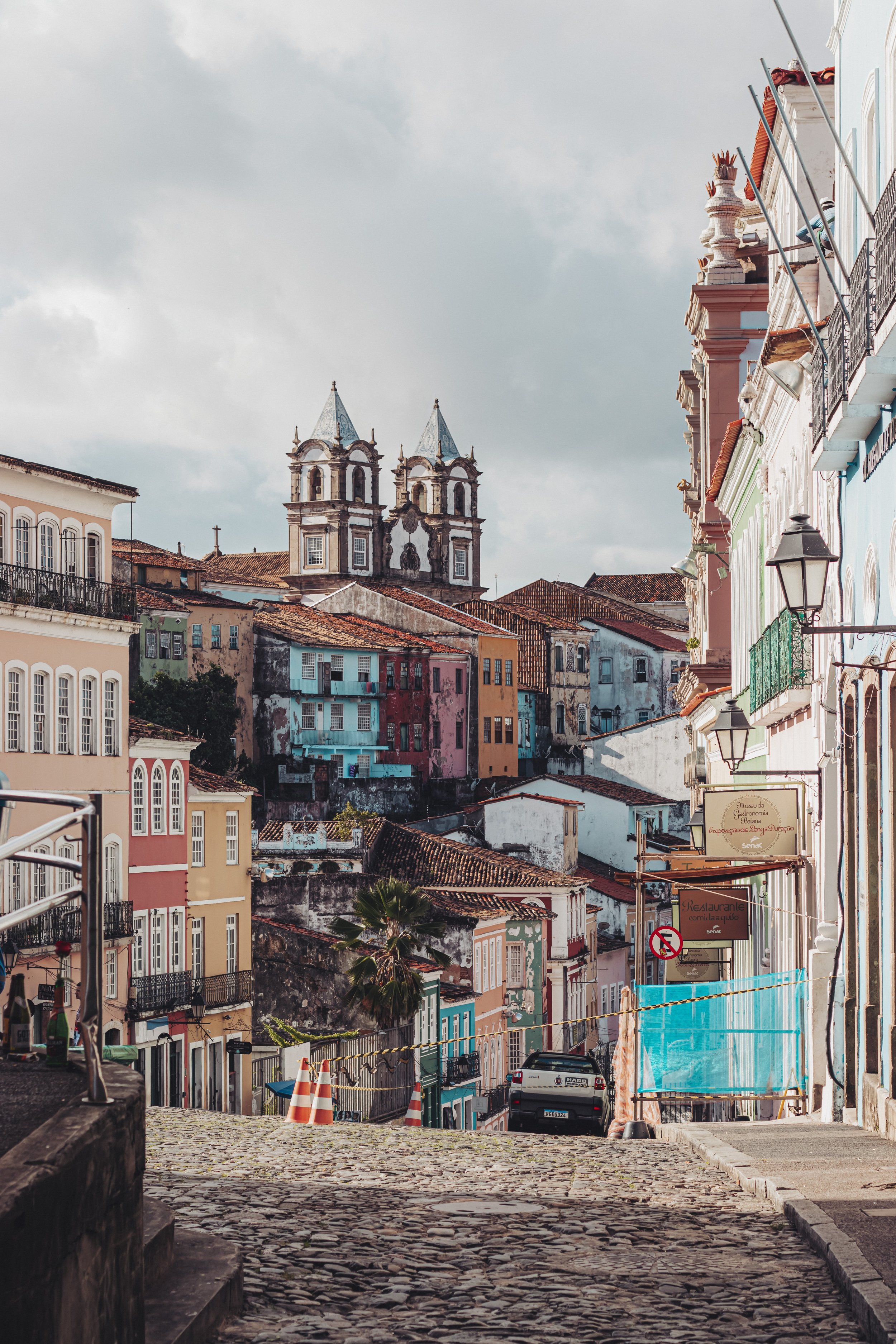Roadmap: Listening to Fiona Apple in Santa Maria

1996, Tidal
Santa Maria, California
I buy this CD from the Kmart on Santa Maria Way with a friend the summer before 6th grade. We walk to the store via a shortcut behind the thoroughfare without her parents as chaperones. My family lives across town, so we return to her house for the first listen. Summers are like this: my mother shuffles me to a friend’s house, and I start to equate car rides and leaving home with something fun. We didn’t always live out here—in the bad part of town, in a dirty house on a big lot full of rats. Everything about this house is red: terracotta tiles and maroon carpet and my parents fighting and stacked bills with bold font and a burgundy-painted deck in the backyard dealing out splinters.
I remember thinking that Tidal is an interesting play on “title,” and I memorize the lyrics to every song on the CD in a few days as if it were homework. I look up the words “undulate” and “oblivion” in the dictionary, a pocket-sized Merriam from my father’s workshop that I branded with my name on the cover. I choreograph a dance in my bedroom to “Carrion,” bare feet on ruddy carpets. I haven’t used the dictionary for this one, so I won’t know for years that it really means dead. In the big backyard, I use the deck as a stage, though my father will soon tear it to studs to combat the varmints. He’s a craftsman, so he makes the red house comfortable, one small project at a time because that’s what we can afford, replacing the tiles and cabinets and carpets.
I watch the MTV VMAs with my parents, inches from the television so I don’t miss a single detail, but they change the channel after Fiona says, “This world is bullshit,” gold moon man in her palm. It becomes uncool to listen to Tidal, and my friends only know the words to the song on the radio: “Criminal.” It’s also uncool to live eight freeway miles from school, especially before anyone can drive, and there’s a long pause on the other end of the phone every time I ask to be picked up. That summer, I ride my bike in circles around the block, hoping for friends, but the neighborhood girls play sports—they don’t want to watch my backyard performances or choreograph in their rooms. I play a lot of card games and make-believe with my kid brother, who makes fast friends with all the neighborhood boys his age. I don’t understand the meaning of “Sullen Girl,” but I know it’s a sad song, so I listen on repeat and cry.
1999, When the Pawn…
Santa Maria, California
I lose the first copy of this CD by accident. After repurchasing, I cut pictures from the lost CD’s booklet and paste them into my diary, penning the lyrics for “The Way Things Are” around Fiona’s black and white body. I read in a magazine that Fiona writes her own lyrics, so I start writing, too, my poems hurried beside hers as I make sense of the 89-word title. Her lyrics don’t rhyme, they don’t sound like the poetry I read in school or other easy lyrics from CD booklets. I like it because it’s difficult, because she’s moody—no smiles in any of the press photos or magazines, poses that my friends say “look weird.” People call me weird, too.
“I like it because it’s difficult, because she’s moody—no smiles in any of the press photos or magazines, poses that my friends say ‘look weird.’ People call me weird, too.”
I’m fourteen and peak moody, so hearing Fiona’s voice crack when she screams is like holding a mirror to my face during arguments with my mother, arguments because I’m so moody and misunderstood and lonely in this difficult teenage skin. I can’t wait for my driver’s permit because living in Santa Maria is the same as living on another planet when all my friends are in Orcutt. I’m old enough to know that Santa Maria is the poor side, where all the farmers live, and that’s why some of my friend’s parents don’t let their kids stay the night. I get rides to high school and ballet class, different cars shuttling me on the 101 while my parents work late—the dizzying part of “Fast as You Can” accelerating as strawberry fields fill the blank space between, blurring into a line of green that I follow from the passenger seat in someone’s mother’s car. I beg them to keep the vent off, the windows rolled. I know we’re close when I smell broccoli.
Fiona’s eyebrows are pencil thin in the CD booklet and in the music videos, though the songs from this album rarely play on MTV. I use my mother’s pink razor to erase my own in the bathroom, and I feel like an adult when the blade over one eye cuts too deep. She sings the word “fuck,” and I like how I feel when I repeat it in the mirror, lifting my shirt to see my own thinness; not as small as Fiona, but I say the lyrics: hunger hurts. All my friends have boyfriends, and I play pretend, imagining the same with boys I’ve scribbled about in my diary. I choreograph to “A Mistake” in my bedroom, the carpet still a terrible red, though I no longer care if any neighborhood girls are watching.
2005, Extraordinary Machine
Long Beach, California
I’m a sophomore in college. Long Beach has felt like mine since I first exited the 405 on 7th Street, cranking my driver’s side window all the way, letting in the ocean, the car exhaust, the noise, the street food, the graffiti, the smells of my new home. I never get lost here because it’s a grid system, and three left turns take me exactly where I want to be. A friend in the dorms shows me myTunes, an online database to rip music from other peoples’ iTunes libraries. One user has shared a playlist titled “Free Fiona” with the Jon Brion edit of this album. I rip the playlist, as well as a lot of The Smiths, The Cure, Built to Spill. My parents agreed to let me attend college in a big city three hours away if I agreed to live in the dorms for two years, and I make friends by playing my newly ripped music with the door open. The people I meet in college are so different. Everyone’s a weirdo, so I let myself settle into strange: here it comes, a better version of me. The official album drops later in the year, and though I prefer the Jon Brion version from myTunes, a new track, “Parting Gift,” makes me miss the family dog and home-cooked meals—a welcome hurt like growing pains.
The user who shared the Free Fiona playlist turns out to be a boy from the suite across the hall—a senior on academic scholarship with a free dorm stay. He’s older than the rest of us, and everyone’s crush because he buys all the girls in the building alcohol. One night, we watch Donnie Darko in his room together, and I stay awake for a full 24 hours —a rebellious thing I would’ve never done in my parents’ house. He’s an English major, and that night he reads aloud poems from an anthology assigned to one of his classes. We listen to Extraordinary Machine on repeat and make up our own dance moves, restaging the scene of Donnie Darko walking through the high school with new music. A dorm desk as an open locker, he pretends to snort a line as I play the sneering cheerleader. We cosplay as both roles—the cool and uncool—in his small room into the early morning. We share a delirious kiss, sitting across from each other on his extra-long twin bed.
2012, The Idler Wheel…
Lubbock, Texas
I move from California to Texas for my PhD in Creative Writing, a decision I make after less than a week of consideration. I can’t point to my new home on a map, but I tell people it’s “outside of Austin.” In preparation, I watch every season of Friday Night Lights. I drive to Lubbock with my mom in July, and after a week of reading Craigslist ads, the only reasonable apartment we find isn’t ready for a new tenant. So I wait in an air-conditioned hotel, eating concierge cookies and watching free cable. My mom leaves before I can move in, and she cries at the airport, the same way she cried when she moved me into the dorms, when she dropped me off at preschool. I don’t cry because I’m now familiar with change and movement: go go go becoming more more more. My parents won’t return to Texas until my dissertation defense because they can’t afford to travel.
Fiona is touring this summer, playing at Austin City Limits and later in Dallas, and I consider the road trip since I’m within state lines, but Google Maps shows a seven-hour drive with traffic.
August is full of long, dry days. Every single night, I drive behind Texas-sized trucks on Loop 289: the Hub City highway like a wagon wheel with exits in each direction, taking drivers anywhere they want but here. I’m doing research, trying to learn my new city, driving in circles while listening to “Periphery”—they throw good parties there. So do my new neighbors, and I wonder if any of them will be my future students at the college. I drive to the edge of town, after 124th Street, where the homes sprawl and the tumbleweeds multiply and the roads dead end; so flat I bet I can see the ocean in California if I squint, so hot the asphalt waves. Around again and again pressing repeat, like a dust devil or a daredevil or bored like an idler-wheel, until I find space to park at one of the fifteen local Sonics for a chocolate malt and fries.
I listen to “Werewolf” so often that I’m sick of it by the time school starts. “Left Alone” should make me cry, but like the lyrics, the tears calcify in my tummy. I skip “Regret” because I’m still unsure that moving and graduate school was the right decision. This stillness and hot silence troubles me, the lonely shhhhhh of another small town, so much expanse and quiet I’m forced to unpack. I decorate my new space with old roadmaps of my home state. I watch YouTube clips from SNL’s “The Californians” just to hear people talk about traffic. Twice, I call the police because I think there’s been a gas leak, the firefighters my only human interaction. That September, Fiona is arrested at a Texas border stop for possession of hash. Her mugshot circles the internet, and again, people are crying Free Fiona. Through the phone, a friend says, “God you must be lonely.”
2020, Fetch the Bolt Cutters
Santa Maria, California
The world is in quarantine, and I lose all three of my jobs to COVID-19. The unemployment website is delayed and crashes daily, so I decide to leave my apartment in Long Beach—where I returned after grad school—for the security of hometown free rent. Almost a month into lockdown, Fiona releases a new album: fetch the bolt cutters, I’ve been in here too long. My parents offer their backyard-parked RV as a place for me to sleep and finish my novel. I tell myself it’s romantic: They work good jobs now, their lives upgraded, they vacation, have lemon trees, shelves of Costco toilet paper, a hot tub.
“Through the phone, a friend says, ‘God you must be lonely.’”
During the move, I’m hungover from drinking the ends of my alcohol the night before, but I tell myself this pain is necessary, poetic even: a headache and lugging plastic bins of books down three flights, my car double parked in the alley. I have one paper mask flat on the passenger-less seat, no gloves, a bottle of half-used Purell beside my coffee in a cupholder. I wait until my full car joins an empty 405 to press play, though I know queuing Fiona’s new album for my drive is dramatic.
I still don’t cry, but it feels like Fiona made this album—like the others before—to shepherd me through time and place and my own shaky footing. I never planned to go back, only forward, and it hurts to rewind the tape, but I don’t fight it. The drive home is smooth, no traffic, and I take PCH instead of the Camarillo Grade so I can watch the sun melt into the ocean, driving the speed limit but moving fast enough to make it home before dinner. The album is no skips; I savor it. Every lyric and every bend of the 101 memorized from the cliffside stretch of ocean in Carpinteria to the tunnel after Gaviota where I make a wish and hold all my gold jewelry, committing this as a guidebook for another future unprepared—next year it will be clear, this was only leading me to that. A fourth round of “I Want You to Love Me” climaxes three hours later as I exit Santa Maria Way, Fiona’s dolphin trills a GPS: you have arrived. Outside, the fog is low, wet. Wiper blades clear my windshield and fall back again.
ABOUT THE AUTHOR
Katrina Prow lives and writes in Morro Bay, California. Her prose has recently appeared in The Boston Review, Taco Bell Quarterly, decomP, The Journal, Pithead Chapel, Redivider, Passages North, and elsewhere. She holds a PhD in Creative Writing, Fiction from Texas Tech University, and she currently teaches Creative Writing at California Polytechnic University, San Luis Obispo. Her writing has been supported by residencies at Yaddo and Virginia Center for the Creative Arts. For more information about her creative work, visit katprow.com
Read Katrina’s “Behind the Essay” interview in our newsletter.
Header photo by Ryan Ancill.
Edited by Tusshara Nalakumar Srilatha.










At the end of August 2023, I flew to Indianapolis where my friend, the artist Kate Parnell, picked me up in her mom’s silver Hyundai Sonata of late-90s vintage. It maxed out at 62 mph. Above the license plate, Kate had stuck a bumper sticker that read “Garfield from Memory,” the name of a four-year art project that had become her full-time job. The tagline: “The great thing about painting Garfield from memory is no one can tell you you’re wrong.”